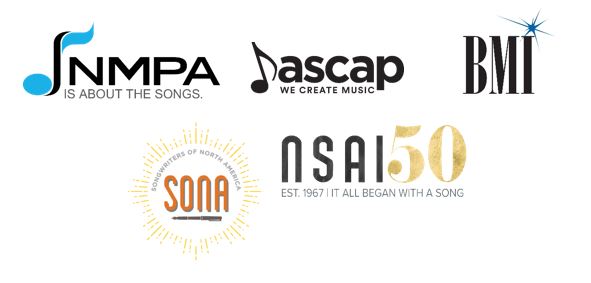NMPA Praises Introduction Of Music Modernization Act

PRESS RELEASE
For Immediate Release: December 21, 2017
Media Contact: Charlotte Sellmyer
WASHINGTON, D.C. – The National Music Publishers’ Association, along with a broad coalition of songwriter and publisher groups, today praised the introduction of H.R. 4706, the Music Modernization Act, by Congressman Doug Collins (R-GA) and Congressman Hakeem Jeffries (D-NY). Original cosponsors include Reps. Pete Sessions (R-TX), Marsha Blackburn (R-TN), Diane Black (R-TN), Joseph Crowley (D-NY), Steve Cohen (D-TN) and Ted Lieu (D-CA).
The bill reforms Section 115 of the U.S. Copyright Act to create a single licensing entity that administers the mechanical reproduction rights for all digital uses of musical compositions – like those used in interactive streaming models offered by Apple, Spotify, Amazon, Pandora, Google and others. It also reforms Section 114 to improve the rate court process for ASCAP and BMI.
This new system ensures that songwriters are paid when digital music services use their music, improves transparency, provides for better royalty rates, and gives songwriters increased involvement in how mechanical rights are licensed. It includes the benefits of the previously introduced Songwriter Equity Act which addresses two significant inequities under current copyright law that prevent songwriters and music publishers from receiving compensation that reflects the fair market value of their work.
Joint statement from NMPA President & CEO David Israelite, ASCAP CEO Elizabeth Matthews, BMI President & CEO Mike O’Neill, NSAI President Steve Bogard and SONA Executive Directors Michelle Lewis and Kay Hanley:
“We strongly support the introduction of the Music Modernization Act, which represents months of collaboration and compromise between the songwriting and tech industries. This legislation enables digital music companies to find the owners of the music they use and reforms the rate setting process for performing rights, ensuring that songwriters and music publishers are paid faster and more fairly than ever before.
“For too long, digital music services have taken advantage of the ‘bulk NOI’ process and often failed to find the correct creators to pay, and now – by working together – this bill ends this practice by creating a private-sector system where money will no longer be lost to inefficiencies and lack of information. The bill also improves how mechanical royalty rates are calculated by introducing a willing-seller/willing-buyer standard.
“On the performance rights side, the bill also replaces the current rate court system with the random assignment of judges used in most federal court cases, and allows the rate courts to review all relevant market evidence into the valuation of how songwriters are compensated.
“We thank Congressmen Collins and Jeffries for their leadership in striking this balance that improves and modernizes our outdated licensing system and gives songwriters the ability to be paid what they deserve across all platforms that use music, including the growing interactive streaming services.”
The Music Modernization Act includes:
- A new standard for mechanical royalties: Mechanical royalty rates will be based on what a willing buyer and a willing seller would negotiate in a free market.
- A new entity to administer blanket licenses for mechanical uses: A single entity will be created that has authority to grant blanket licenses for all musical works to digital media companies. The entity will collect royalties for musical works used from digital services and pay them to copyright owners. Digital media services that use this entity will be sheltered from liability for statutory damages. The entity will be paid for by the digital music companies, ensuring that all royalties will be paid to copyright owners with no commission. Digital music companies and copyright owners will still be free to enter into their own voluntary license agreements.
- Removes evidence limitations for public performance royalties: The legislation repeals section 114(i) of the copyright act, allowing rate courts to consider sound recording performance royalty rates when determining musical work performance royalties.
- Reforms the rate court system: Currently ASCAP and BMI are subject to the same two judges presiding over their rate courts indefinitely. The bill gives the PROs the ability to have randomly selected judges decide their royalty rates.
###

